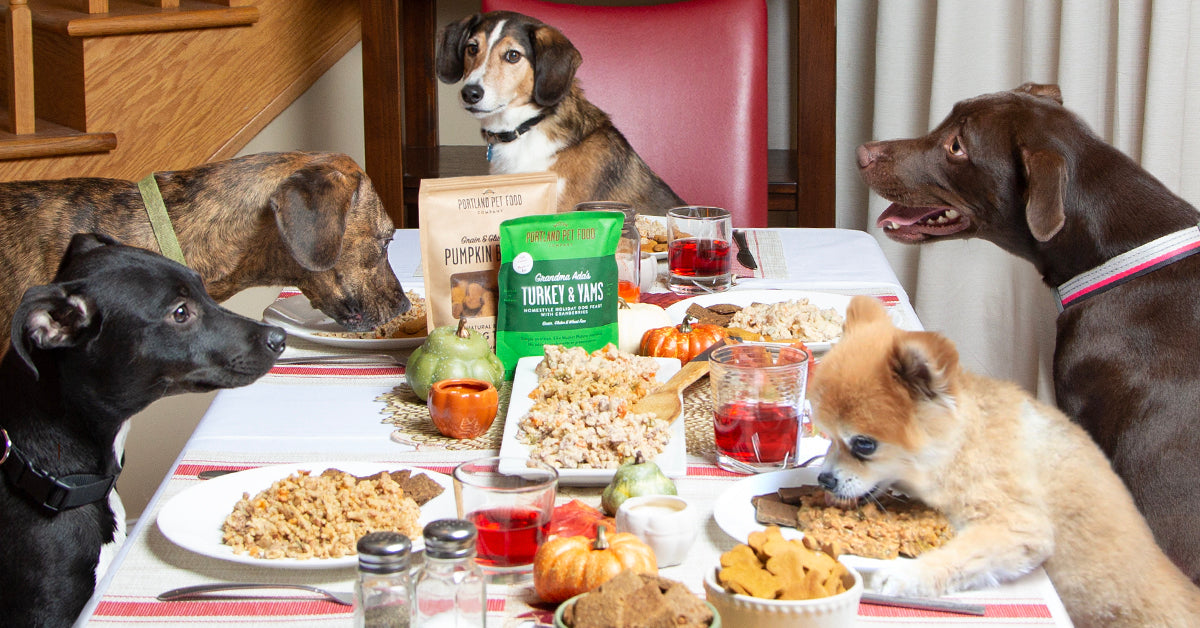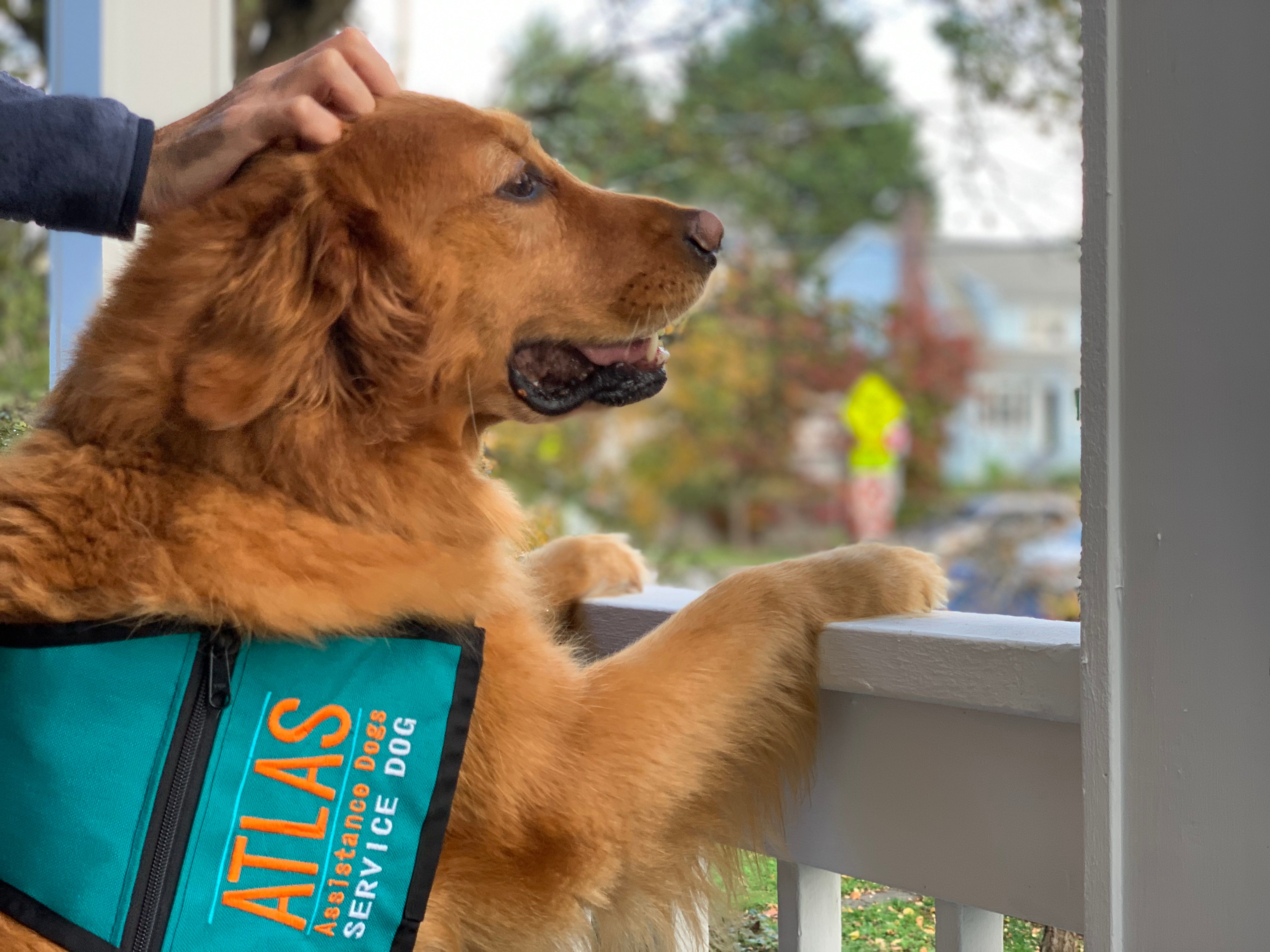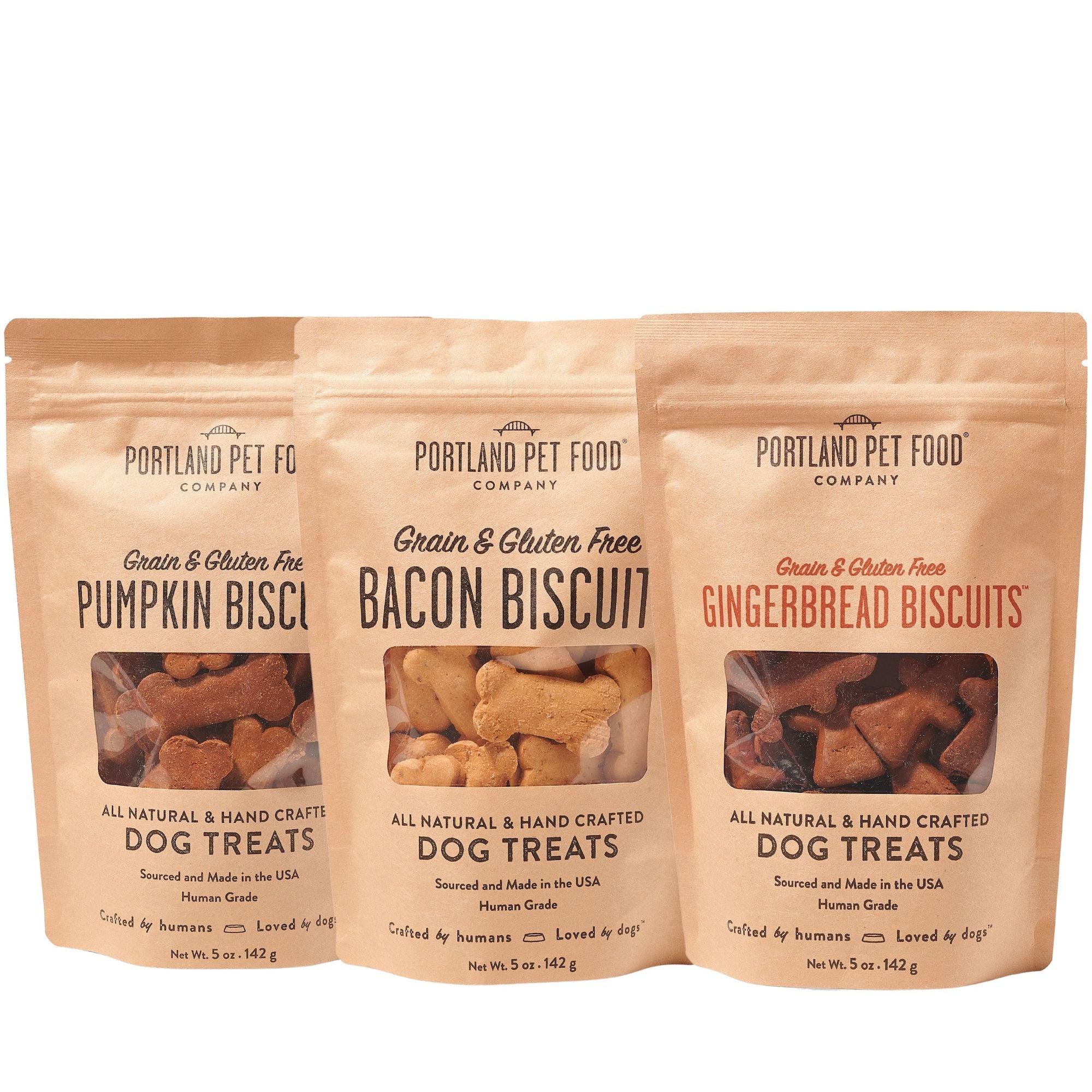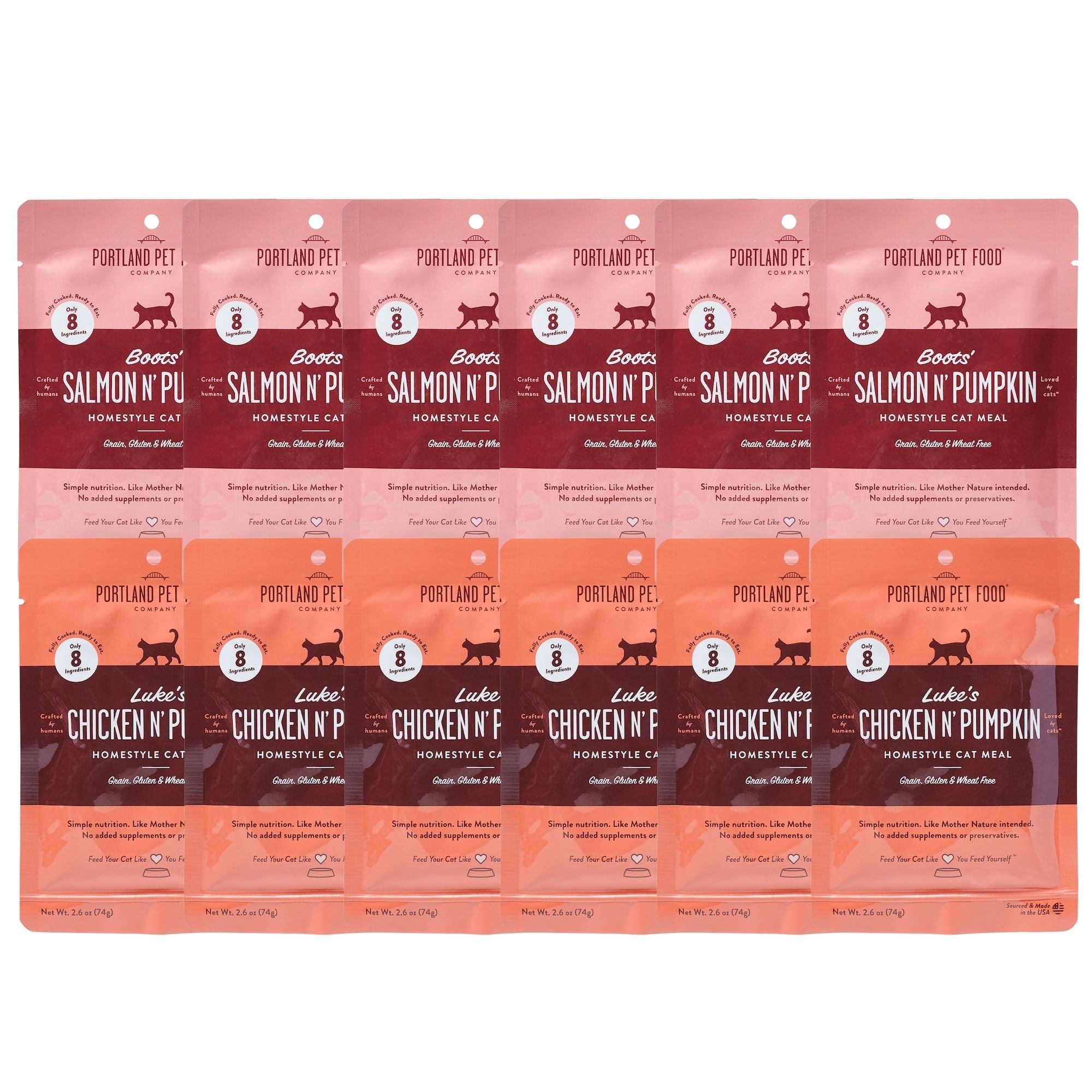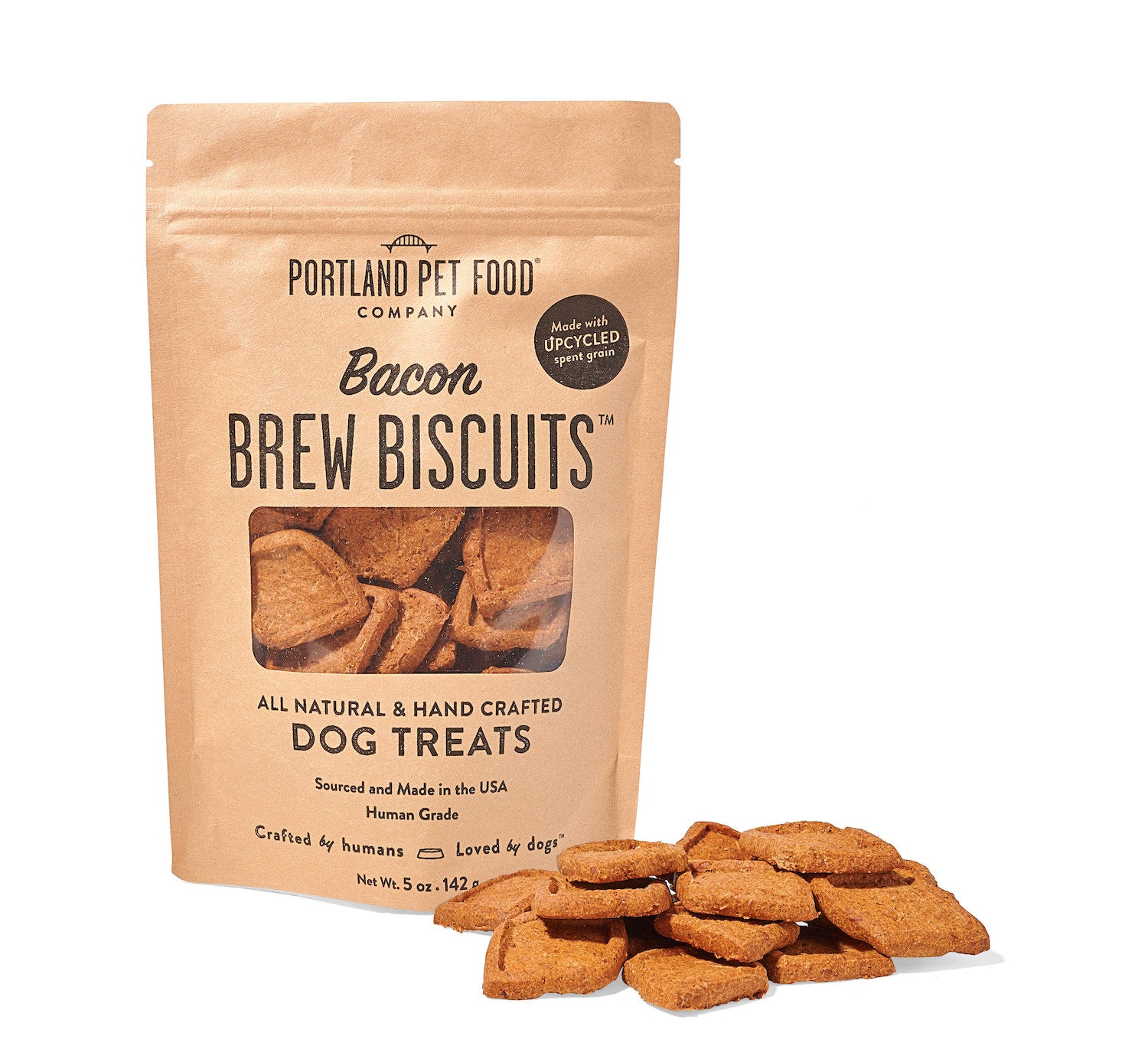
Three Ways To Care For Senior Dogs
Everyone knows how much attention puppies need, but not many know that senior dogs need just as much love.
November is National Senior Pet Month, a cause close to our heart. When our Standard Poodle, Rosie, stopped eating at age 14, we knew we had to do something. We wanted Rosie to have comfort in her last years, especially when it came to her food, so we created fresh, all-natural meals that got her excited to eat again.

Rosie lived until 16 and a half, which gave us the moments we desperately wanted with her, as well as time to hone her home-cooked meals and further develop our line of all-natural dog food toppers for dogs who needed some TLC when it came to their diets.
It’s hard to see any member of your family get older. Just like humans, dogs go through major changes as they age. Elderly dogs often suffer from energy and appetite loss, so it's important for pet owners to respond to these changes so that our dogs can live long and happy lives until the end.
What actually constitutes a senior dog?
It can be hard to know when to make changes to your dog’s lifestyle based on their age. Your dog’s size and breed determine when they're considered old. Larger dogs tend to have shorter lifespans than smaller breeds. Larger dogs tend to exhibit signs of aging around 6 years old. Smaller dogs are usually considered elderly when they reach 8-10 years. It really does depend on the dog, so pay special attention to changes in your dog’s behavior and health as they get older.
Senior Cats
We have cat food for senior cats, too! Check out our salmon and pumpkin cat food and our chicken and pumpkin cat food.
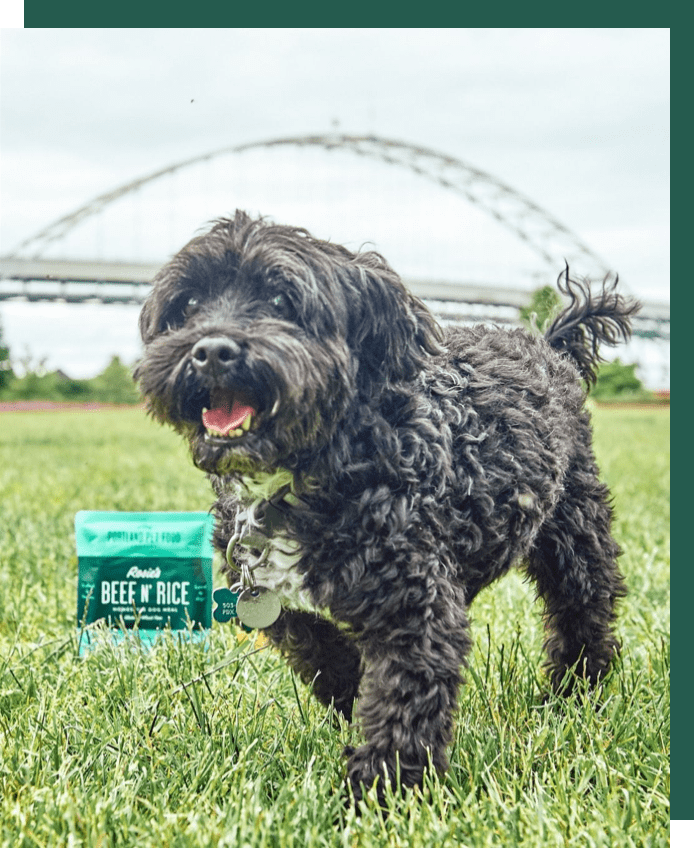
What Does "Senior Dog" Mean?
What Ailments Affect Senior Dogs?
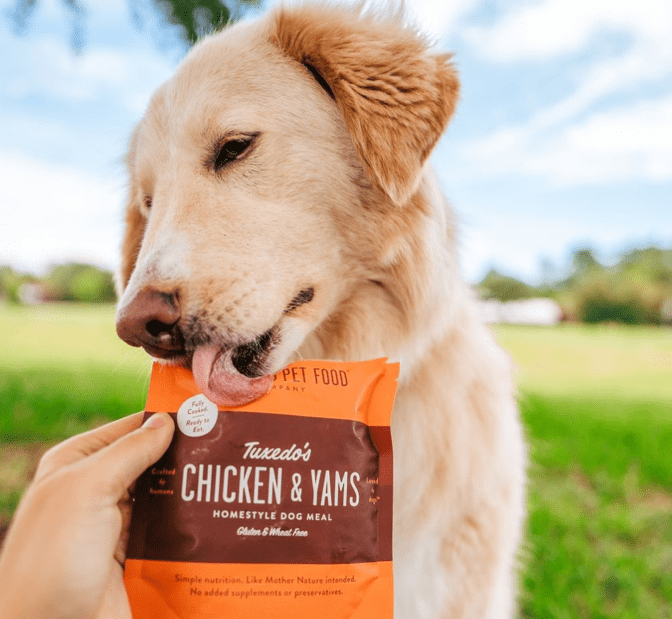
Subscribe today & get 25% off your first purchase!
All of our human-grade, homestyle meals and biscuits are formulated with 11 ingredients or less to be the perfect meal or snack for your senior or picky pet!
What Can We Do to Make Life Better for Senior Dogs?
This food has been a blessing. My 13 yr old chihuahua Gabby didn’t want to eat much any more. She was losing weight and had no energy. Now she eats three meals a day and has energy again. Best thing ever. Highly recommend. I plan on never running out!

